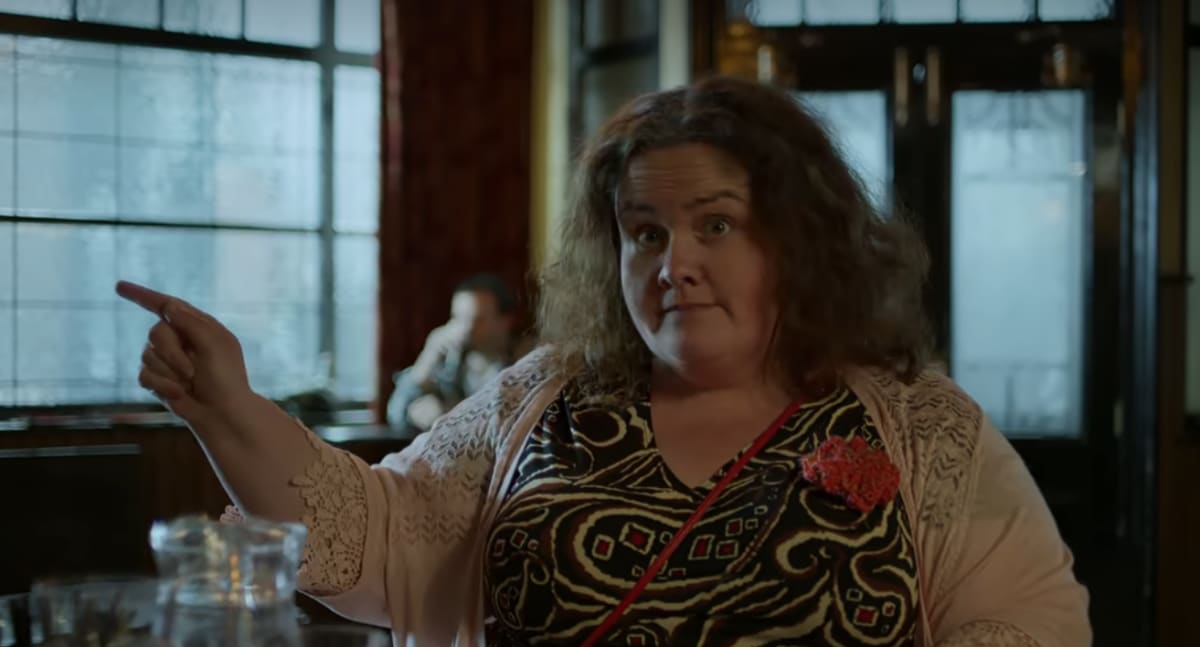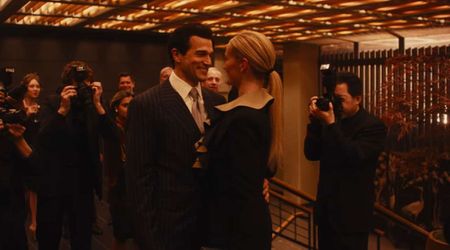How Netflix duped viewers with wrong label for hit show 'Baby Reindeer' as controversy grows

LOS ANGELES, CALIFORNIA: The popular Netflix series 'Baby Reindeer' has found itself at the center of a growing controversy, with a US judge ruling that the show's accused stalker, Fiona Harvey, can pursue a defamation lawsuit against the streaming giant. At the heart of the issue is Netflix's decision to bill the show as a 'true story,' despite allegations that key events were fabricated or exaggerated.
This labeling has been deemed misleading, with US District Judge Gary Klausner stating that Netflix "made no effort" to fact-check the show's narrative or disguise Harvey as the inspiration for the character Martha, as reported by The Guardian. As a result, Harvey claims she has suffered severe emotional distress, received death threats, and faced public harassment after viewers identified her as the real-life inspiration for Martha.
Is 'Baby Reindeer' actually based on a true story?

'Baby Reindeer' creator Richard Gadd alleged that Harvey stalked him for years, sending disturbing emails and voicemails, and pinching his behind while he worked at a London pub. However, Harvey denies these allegations and claims the show falsely implied she sexually assaulted Gadd and gouged his eyes. Judge Klausner noted significant differences between Harvey's alleged actions and Martha's on-screen behavior in his ruling on Friday, September 27, stating, "There is a major difference between stalking and being convicted of stalking in a court of law... While the plaintiff's purported actions are reprehensible, the defendants' statements are of a worse degree."
The show's 'true story' label has now been disputed, with Gadd admitting the series was fictionalized and not a "beat-for-beat recounting" of reality. It was later revealed that Gadd had reservations about the label but was overruled by Netflix, according to The Sunday Times. Judge Klausner cited this article as potential evidence of "actual malice" on Netflix's part.
Netflix faces a $170 million lawsuit for portraying Fiona Harvey as a stalker in 'Baby Reindeer'

Harvey's lawsuit seeks $170 million in damages, alleging defamation, intentional infliction of emotional distress, and other claims. While Klausner dismissed some claims, he allowed Harvey to pursue intentional infliction of emotional distress, stating that "a reasonable viewer could understand the statements about Martha to be about the plaintiff." The judge emphasized Netflix's failure to investigate the accuracy of the show's statements or protect Harvey's identity.
Despite Baby Reindeer's success, including four Emmy wins, the controversy around its portrayal of Fiona Harvey brings up significant concerns. It sparks important conversations about how truth, representation, and accountability are handled in storytelling. As audiences engage with the show, questions arise about the ethical responsibility of creators when depicting real people and events. How much artistic license should be allowed, and at what cost? These debates highlight the fine line between entertainment and respectful representation. The ongoing discussions invite reflection on how narratives can impact the lives of those involved.
Netflix's decision to label the show as a 'true story' has had severe consequences for Harvey, and the outcome of this lawsuit will have significant implications for the streaming giant and the entertainment industry as a whole.
'Baby Reindeer' trailer
'Baby Reindeer' is available to stream on Netflix.










